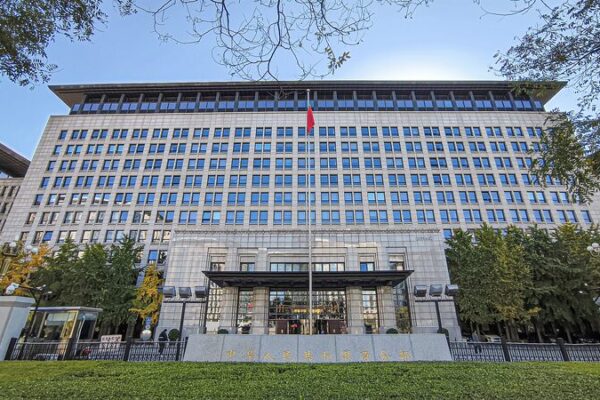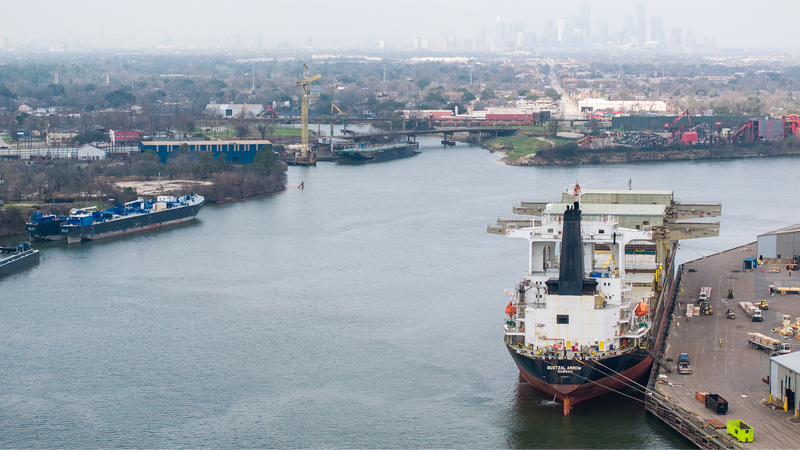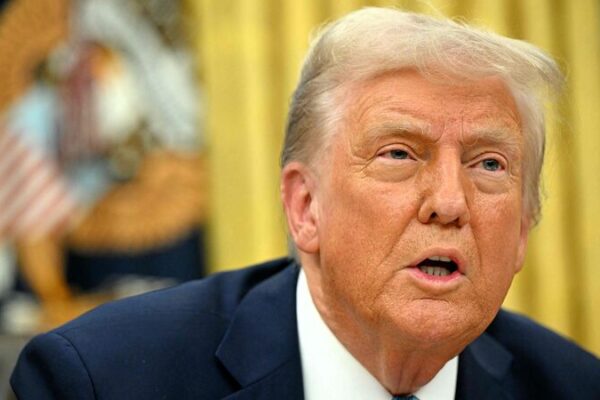
China Strikes Back: New Tariffs Target Canadian Agricultural Products Amid Trade Tensions
China retaliates against Canadian tariffs with new duties on agricultural imports, intensifying the ongoing trade war influenced by U.S. protectionist policies.







